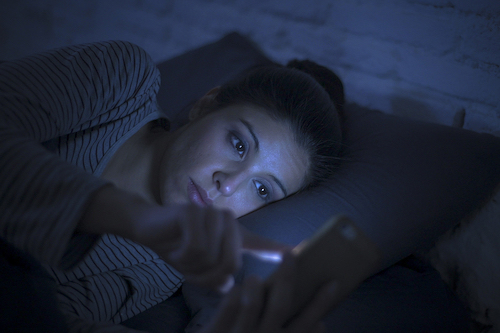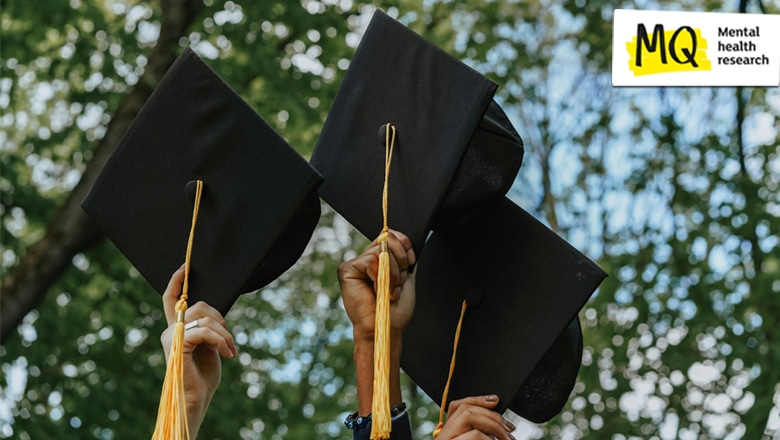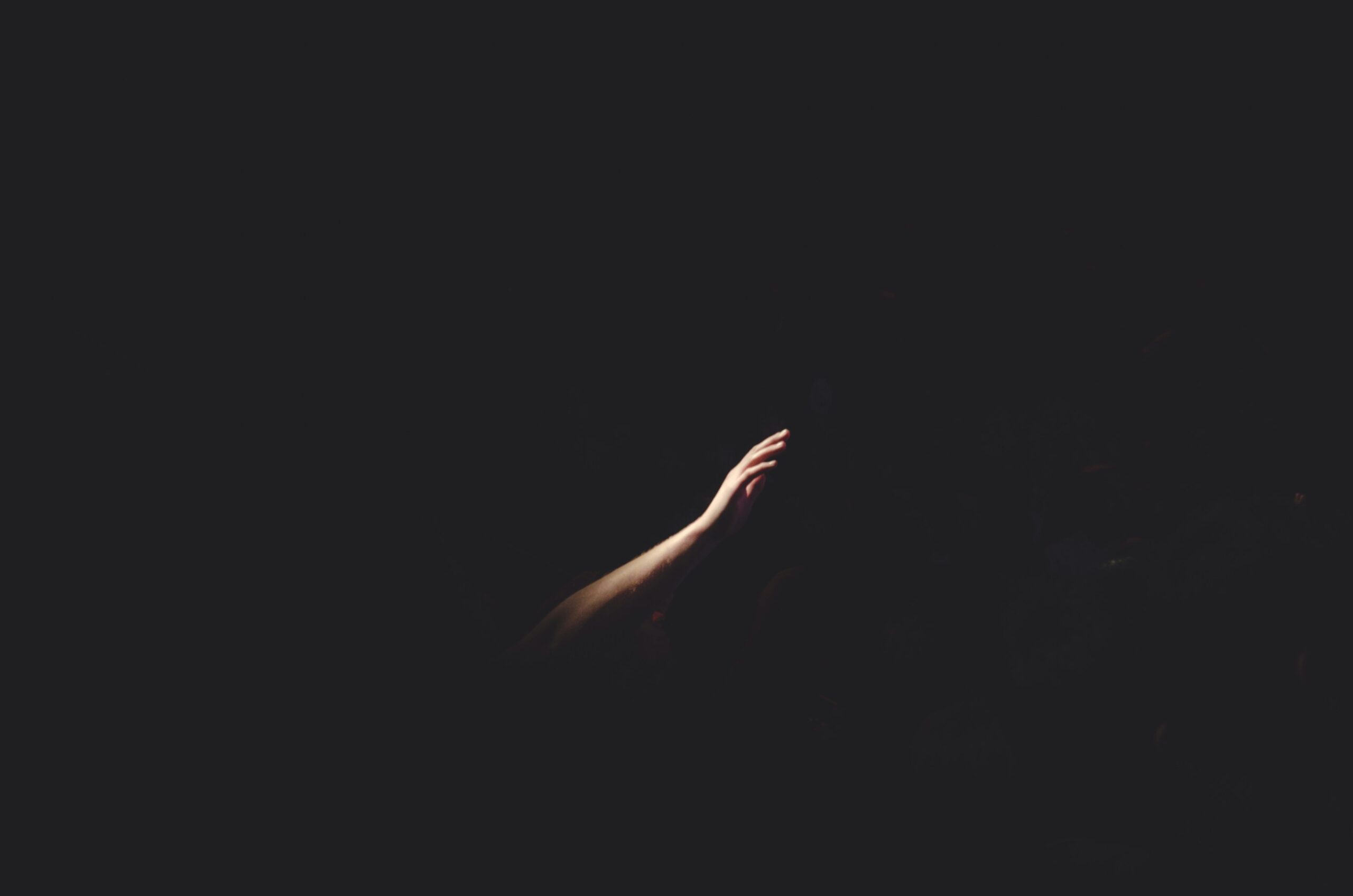Anxiety and loneliness could be contributing to addictions to smartphones and social media among “night owls”.
Researchers at the University of Portsmouth found that those who prefer staying up late may use social media and smartphones as a coping strategy.
“Our results indicate that loneliness and anxiety are key factors in problematic technology use among young adults. This suggests that young adult evening types may turn to smartphones and social media as maladaptive ways to cope with loneliness and anxiety,” Dr Anna-Stiina Wallinheimo, author of the study and a researcher at University of Portsmouth told Theravive.
“Evening types are more susceptible to problematic smartphone use (PSU) and social media addiction, but the mediating factors remain largely unknown. As smartphone and social media addiction become more common and have widespread negative effects, it is important to identify these underlying factors.”
As part of their study, the researchers surveyed 407 young people between the ages of 18 to 25.
They used psychological measures to examine how the circadian preferences and sleep-wake timing of the participants related to their problematic smart phone use or social media addiction.
Smartphone use that is problematic is considered to be anxiety if a person is separated from their phone, compulsively checking notifications on their phone or neglecting their other responsibilities in life to instead use their phone.
Social media addiction involves using social media to an excessive or uncontrolled level that interferes with daily life.
From the survey, the researchers concluded that both loneliness and anxiety were the primary contributors to social media and smartphone addiction.
Those who prefer to stay up late were at particular risk.
“Numerous studies have shown that eveningness is associated with a greater risk of loneliness among both young and middle-aged adults (40–70 years). This may be due to reduced social interactions outside of daily routines, which can increase feelings of isolation at night. Additionally, eveningness has been consistently linked to poorer mental health; evening types are more prone to depression and anxiety, a relationship well documented in young adult,” Wallinheimo said.
“Loneliness and mental health issues may therefore serve as mediators between eveningness and PSU/social media addiction, as many studies indicate these are risk factors for such behaviours. Review articles confirm that PSU strongly correlates with anxiety and depression, with researchers suggesting that depressive and anxious symptoms can increase vulnerability to PSU as maladaptive coping mechanisms.”
She described this as a vicious cycle, with young adults who are naturally more inclined to be more active during the evening finding themselves socially out of sync with their peers, leading to feelings of anxiety or loneliness. In turn, they use social media or smartphones to feel better, but this can then make things worse.
Given that rates of mental health crisis among young people are at an all time high, the researchers say the findings of their study have important implications for strategies for intervention.
“Considering the numerous negative effects of PSU/social media addiction and the ongoing mental health crisis among young people globally, this study provides valuable insights into priority areas for intervention. It offers tailored recommendations for young adults who are most at risk,” Wallinheimo said.
She says prevention strategies should target the emotional wellbeing of young people, particularly those who are night owls and at higher risk.
It is not simply a matter of telling young people to use their smartphones less, but properly addressing the reasons behind the excessive usage.
The researchers say young people should be taught coping strategies for loneliness and anxiety, particularly during the late hours of the evening when support services may not be available.
They also argue that there should be targeted education for young people who may not realise that their sleeping patterns may put them at a heightened risk for problematic use of smartphones and social media.
“Young adults should be discouraged from relying on social media and smartphones as coping mechanisms. Instead, they should be guided on effective strategies and interventions to manage loneliness and anxiety,” Wallinheimo said.










